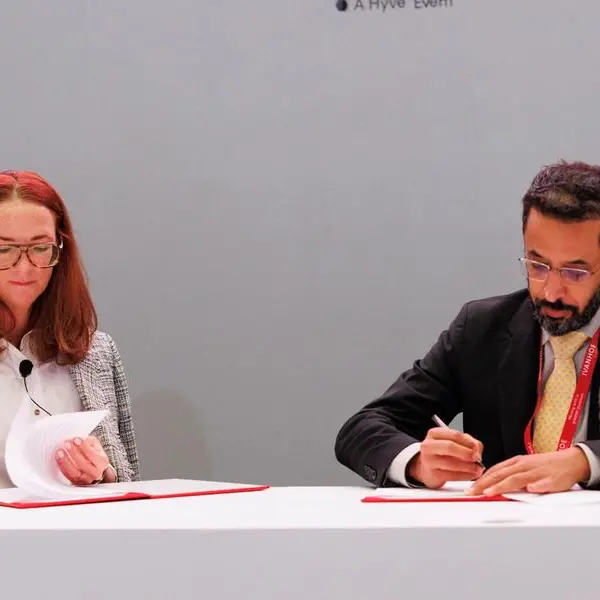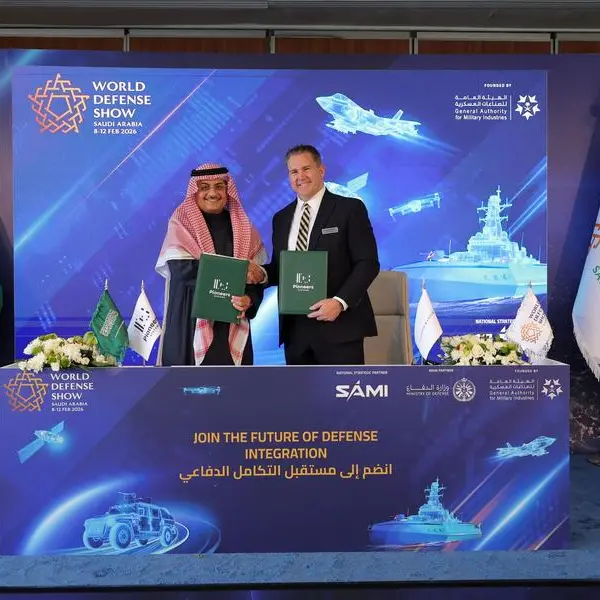Participants in the Economy Hub session, ‘Gender Responsive Budgeting’ at Global Women’s Forum Dubai (GWFD) 2020 emphasised the importance of allocating budget for gender balance to enhance the role of women as key partners in economic development. The session took place during the second day of GWFD, held under the theme, ‘The Power of Influence’.
The session was moderated by Nour El Chedrawi, Lead Projects Executive – Federal Competitiveness & Statistics Authority – UAE and featured both Zohra Khan, Global Policy Advisor, Governance & National Planning UN Women, and Stefania Fabrizio, Deputy Unit Chief, Strategy, Police and Review Department, IMF, as speakers.
Stefania Fabrizio discussed the IMF’s report for 2019. The report indicates that half of the world's working-age population are women, 50% of whom are in business sectors, compared to 80% of men. The report estimates a loss of wealth due to the gender gap of 10% of GDP in advanced economies, and over 30% in the MENA region.
Stefania also highlighted the importance of enhancing the engagement of women in the workforce, particularly in developed countries, which face a gender gap in education. She said investing in education within developed countries and providing the required infrastructure for the empowerment of women will have a positive impact on economic development. Stefania also discussed the significant amount of time women spend bringing water to their families in developing countries, which could be utilised in employment to create financial returns for women, their families, communities and the wider economy.
Zohra Khan touched on reports issued by the United Nations, which confirm that enhanced access to education for women has not necessarily translated into the desired shift in terms of achieving gender balance and equal employment opportunities in developing and developed countries. She highlighted that women are still underrepresented in leadership and decision-making positions.
Women hold only 27% of leadership positions in government entities, companies and large corporations worldwide. Khan stressed the important role of ministries of finance in implementing financial policies and sustainable budgets that support efforts to achieve gender balance. Khan also highlighted the successful financial policies that are implemented by ministries of finance in Albania, Korea and Uganda, to enhance equality.
Global Women’s Forum Dubai 2020 was held at the Madinat Jumeirah in Dubai, UAE, under the patronage of His Highness Sheikh Mohammed bin Rashid Al Maktoum, Vice President and Prime Minister of the United Arab Emirates, and Ruler of Dubai.
The Forum was organised by Dubai Women Establishment, which is led by Her Highness Sheikha Manal bint Mohammed bin Rashid Al Maktoum, President of the UAE Gender Balance Council and wife of HH Sheikh Mansour bin Zayed Al Nahyan, UAE Deputy Prime Minister and Minister of Presidential Affairs.
© Press Release 2020Disclaimer: The contents of this press release was provided from an external third party provider. This website is not responsible for, and does not control, such external content. This content is provided on an “as is” and “as available” basis and has not been edited in any way. Neither this website nor our affiliates guarantee the accuracy of or endorse the views or opinions expressed in this press release.
The press release is provided for informational purposes only. The content does not provide tax, legal or investment advice or opinion regarding the suitability, value or profitability of any particular security, portfolio or investment strategy. Neither this website nor our affiliates shall be liable for any errors or inaccuracies in the content, or for any actions taken by you in reliance thereon. You expressly agree that your use of the information within this article is at your sole risk.
To the fullest extent permitted by applicable law, this website, its parent company, its subsidiaries, its affiliates and the respective shareholders, directors, officers, employees, agents, advertisers, content providers and licensors will not be liable (jointly or severally) to you for any direct, indirect, consequential, special, incidental, punitive or exemplary damages, including without limitation, lost profits, lost savings and lost revenues, whether in negligence, tort, contract or any other theory of liability, even if the parties have been advised of the possibility or could have foreseen any such damages.



















